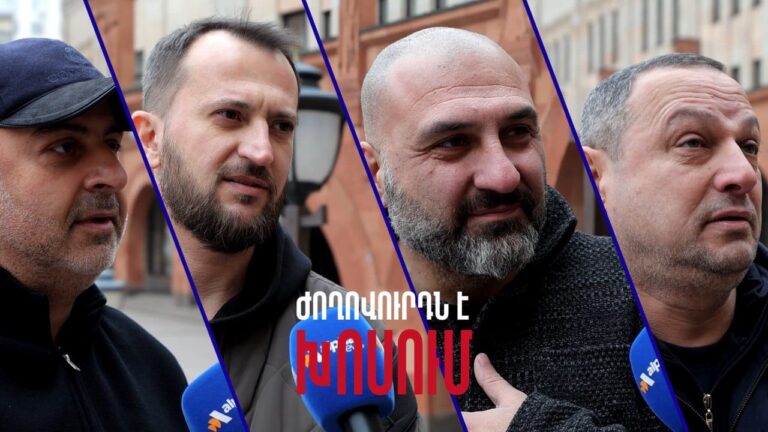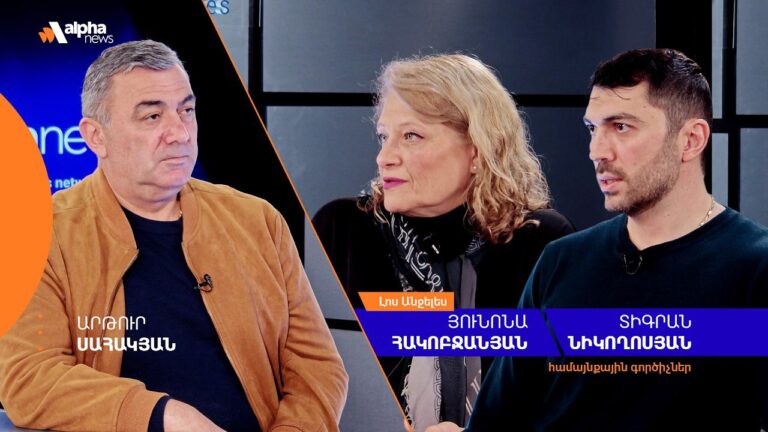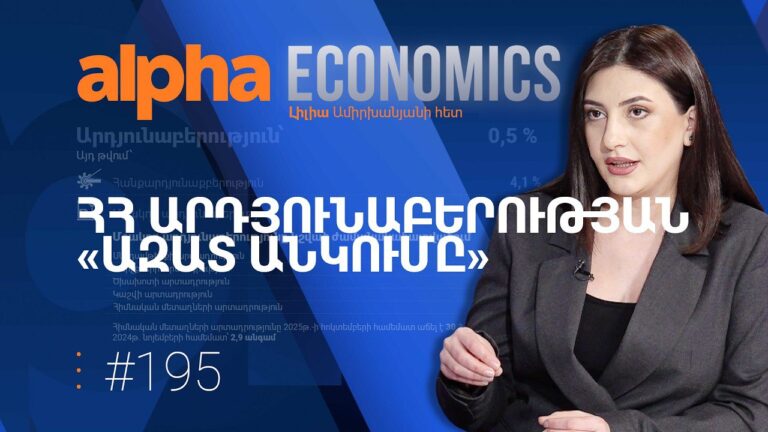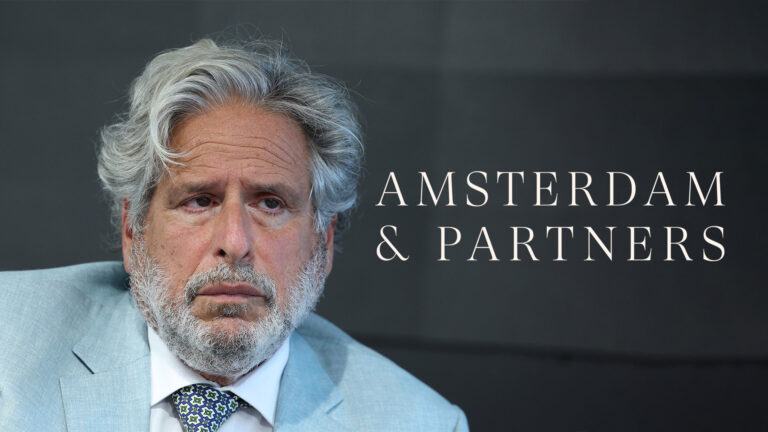Pashinyan was aware of Turkey’s preconditions, but asked Erdogan for help
November 07 2024, 12:30
Despite the agreements allegedly reached between Armenia and Turkey on the normalization of relations without preconditions, despite all attempts by the authorities to “mask this problem”, Turkey keeps saying that the Armenian-Turkish normalization depends on the normalization process between Yerevan and Baku—more specifically, on the signing of a “peace agreement” between the two states.
“We provide maximum support to reaching agreements and are glad to see that the parties are coming closer to this,” Turkish Foreign Minister Hakan Fidan said.It is difficult to imagine a more direct statement by official Ankara. In this regard, we should recall the recent statement made by Armenian Foreign Minister Ararat Mirzoyan in the National Assembly of Armenia at the hearings on the 2025 draft budget. “Turkey links this process (the normalization of relations between Armenia and Turkey — ed.) to a certain extent with the relations between Armenia and Azerbaijan.” Have you noticed the wording? To a certain extent? Turkey directly links these two processes, and denying this is at least manipulation.
In fairness, it should be noted that Turkey’s approach is not something new. Ankara adhered to the same position not only one, two, or three years ago but always, including the period when the Turkish Foreign Ministry was headed by one of the main architects of Turkey’s current foreign policy strategy, Ahmet Davutoglu. Nikol Pashinyan, a recent guest of the Turkish House in the United States, could not have been unaware of this. Moreover, we have no information refuting the fact that, asking Turkish President Recep Tayyip Erdogan for help in establishing relations between Yerevan and Baku, Pashinyan was not notified of Ankara’s position, which, in turn, means that he purposefully took the step of involving Ankara in the Armenian-Azerbaijani process as a mediator, understanding the price of this political act.
Fidan’s statement in “real politics” means that Turkey sees Armenia’s fulfillment of Azerbaijan’s demands as the key to “establishing relations between the two countries” and also means that Turkey supports all Azerbaijani demands against Armenia. In other words, Erdogan, like Ilham Aliyev, demands a change in the Constitution of the Republic of Armenia, the “return” of Azerbaijanis to Armenia, restrictions on the work of Armenian mining companies, the closure of nuclear power plants, etc.
In the end, we can observe that with his policy since 2018, Nikol Pashinyan has not brought Artsakh to the negotiating table and, moreover, has fully consolidated the positions of Turkey and Azerbaijan against the Republic of Armenia.
Think about it…







